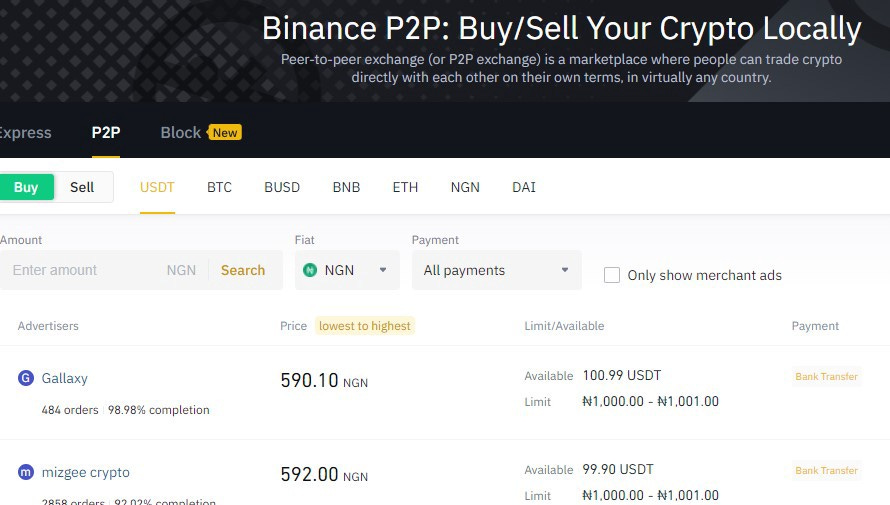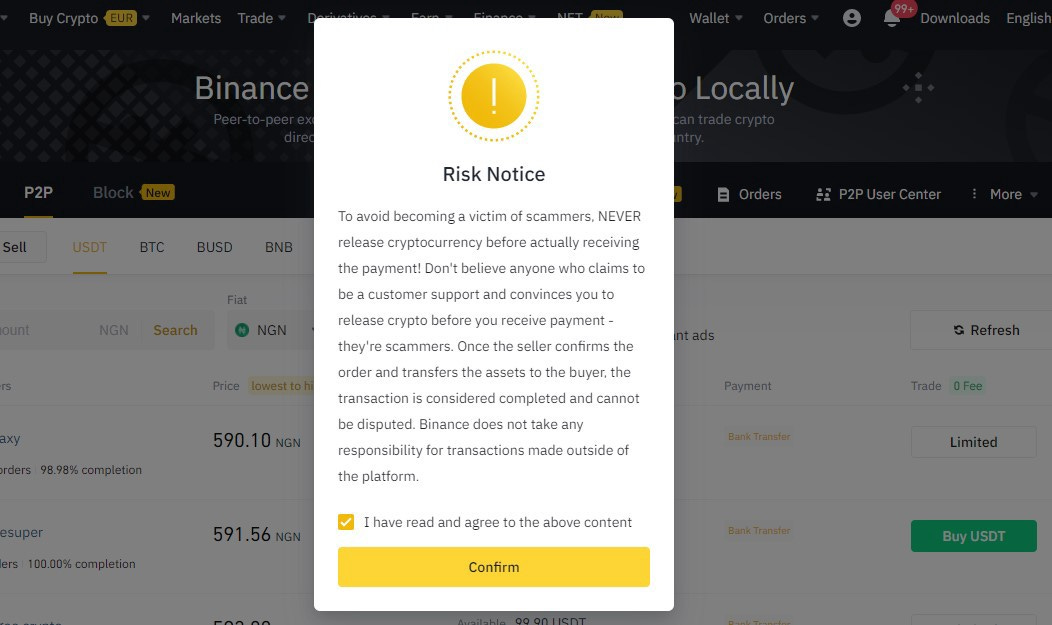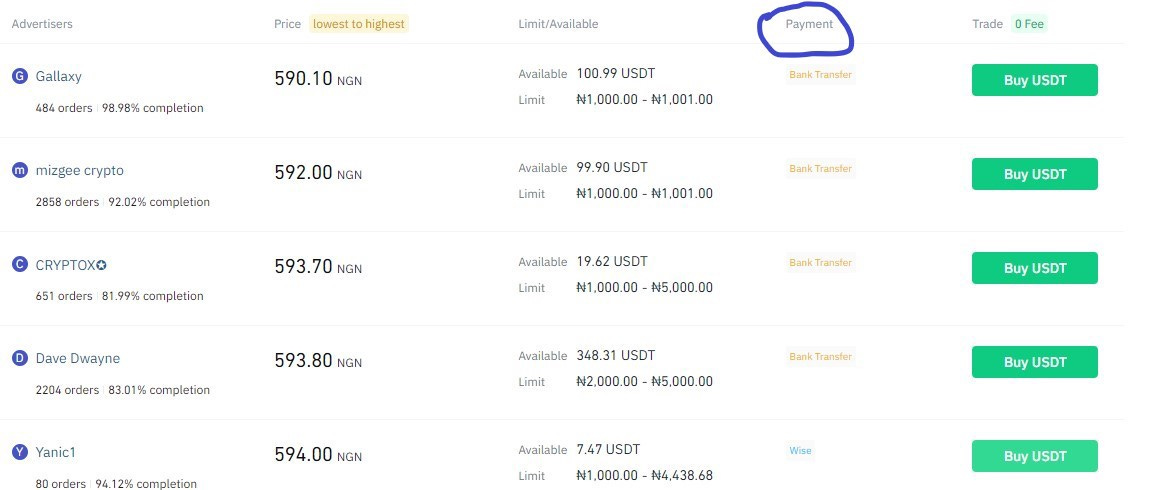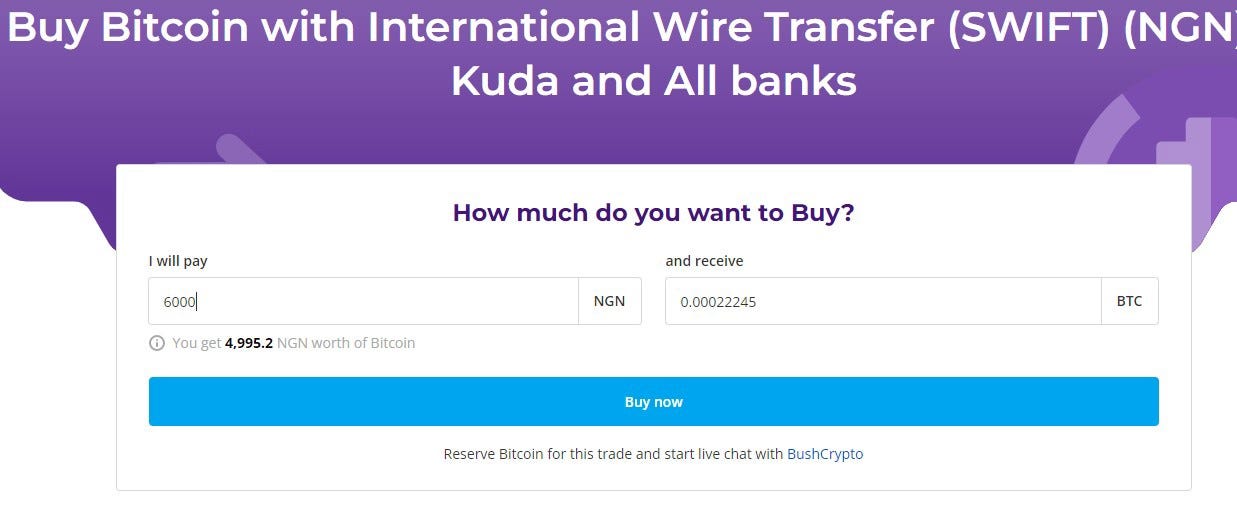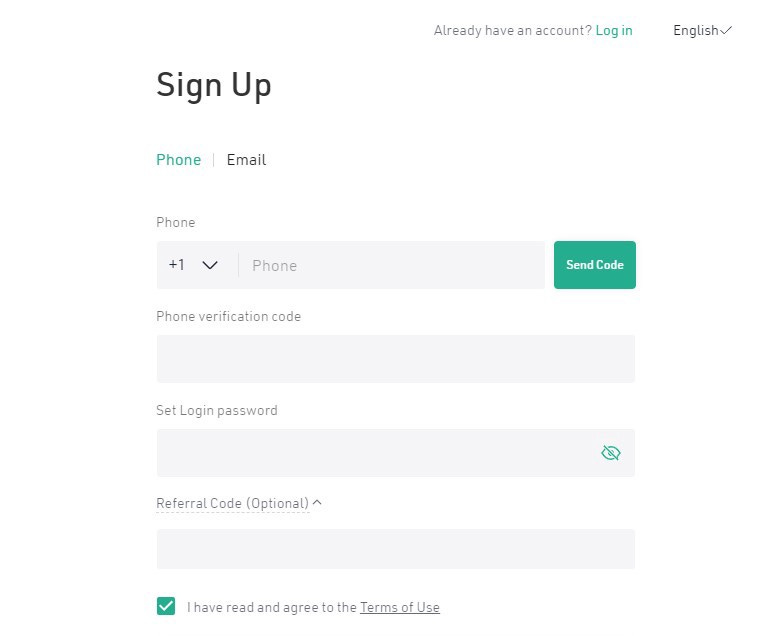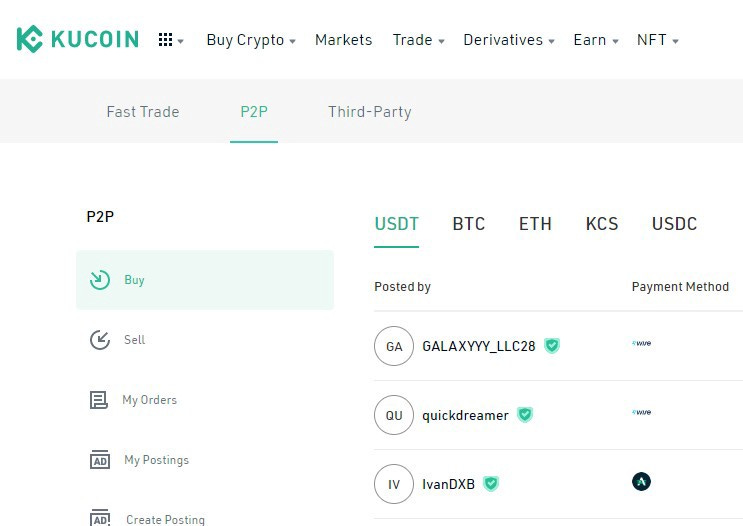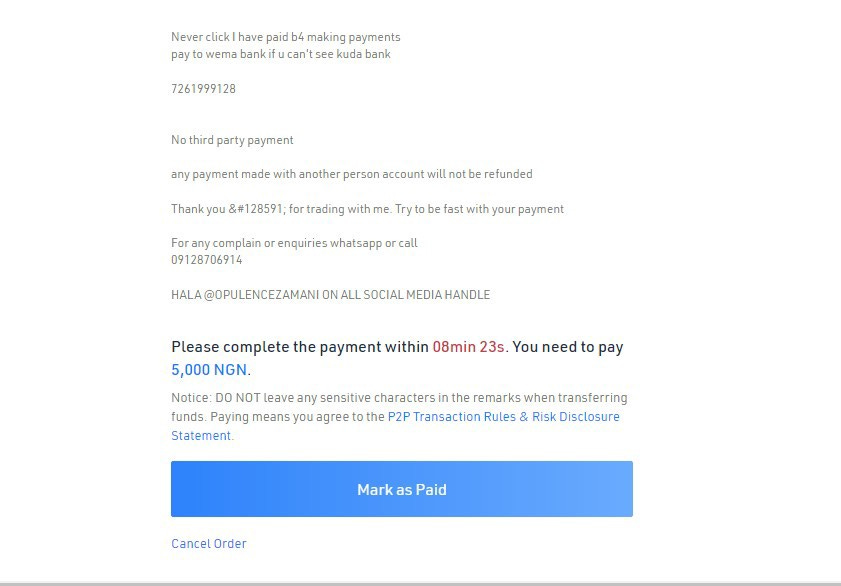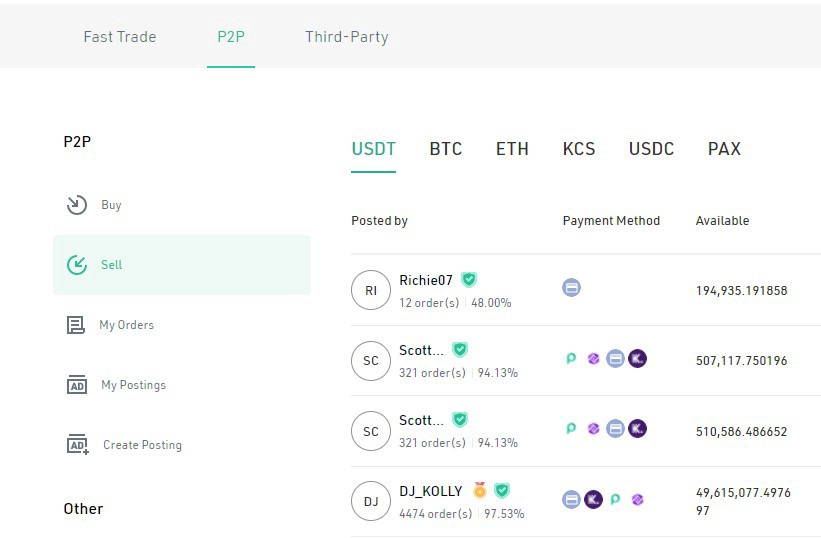How To Buy and Sell Crypto in Africa (Peer-to-Peer) | BanklessAfrica Newsletter
This is BanklessAfrica Newsletter, a newsletter about staying up to date with well-curated news about crypto and Web3 around Africa.
Hey, BanklessAfrica fam!
It's been a big week for crypto in Africa.
First, Binance — one of the biggest cryptocurrency exchanges in the world — announced that it would be rolling out a new crypto awareness tour due to the ever-increasing adoption on the continent. That's thanks to you and me.
If you want to get your feet wet in Web3, we have an editorial just for you on how you can buy and sell your crypto in Africa. If you are already a pro, and friends, family and your wife's boyfriend ask you how to buy bitcoin, just send them this newsletter.
This week, Bankless Publishing and the BanklessAfrica research group published some pretty exciting research on stablecoins and the future of DeFi in Africa. Great strides for Blacks in Web3!
Akwaaba (Welcome)!
Contributors : Abidemi, Yofi, WinVerse, Trewkat, jaux, Cisco, Oge, Leah Par.
📈 Historical Snapshots
As of June 4, 2022
Top Assets by Market Cap
Name: Bitcoin (BTC)
Price: $29,341.79
Market Cap: $566,764,927,671
Name: Ethereum (ETH)
Price: $1,774.65
Market Cap: $214,741,236,840
How To Buy and Sell Crypto in Africa (Peer-to-Peer)
Author: Abidemi
So you’ve heard of cryptocurrencies, and you’re looking to invest some disposable cash, or maybe you’ve read our Medium post: Crypto 101. What you need to know. Either way, here’s how to get started buying and selling cryptocurrency on your mobile.
Before we dive right in, it’s important to note that 23 out of the 54 African countries have some form of ban or restriction on buying and selling cryptocurrency directly. Depending on your situation, you may be allowed to trade cryptocurrencies using Peer-to-Peer (P2P) networks, a system that connects two systems or persons and allows them to share resources directly. With P2P networks, transactions are executed and approved on the blockchain without third party interference like banks or brokers. This is what makes cryptocurrency decentralised and trustless. ‘Trustless’ here does not mean lack of trust, it means the trust is handled by the network code rather than that third party mediator. We’ll talk more about the mechanics of P2P networks in another piece.
To buy or sell crypto, you’ll need to register on a P2P crypto exchange platform that operates in your country. Here are a few widely used exchanges and how to use them. DYOR — this is not financial advice.
Binance P2P
Binance is a leading crypto exchange platform present in most countries, with over 600 cryptocurrencies listed. Binance Peer-2-Peer is a platform where you directly trade cryptocurrency with other Binance users. You can set your payment method, your local currency and how much you’d like to pay in.
Step 1:
Download the Binance app on your mobile and create a Binance account if you don’t already have one (ensure that you keep your login details safe and verify your phone number).
Step 2:
Go to ‘Buy crypto’ on the top left and select ‘P2P trading’. It’ll take you to the screen in the image below. You can select any of the cryptocurrencies you’d like to buy at the top. Binance P2P is location-based, so you can only trade with accounts that accept the currency you’ve chosen.
Step 3:
Read and accept the risk notice.
Step 4:
Choose a trader and select ‘Buy USDT’. You can choose based on the payment mode a trader accepts and the number of trades they’ve done.
Step 5:
Input how much you’d like to pay:
Step 6:
Transfer the amount to the seller’s account and notify the seller.
Step 7:
Receive your cryptocurrency.
And voila! Congratulations! You’ve bought your first cryptocurrency, which you can also convert in your spot wallet.
If you find it challenging to choose between traders or don’t trust the available ones, you can use Binance Express, which uses an escrow.
This allows you to place an order directly. All traders on the Binance Express have their money locked in Binance.
Repeat the same process to sell cryptocurrency:
Paxful
Paxful is another exchange platform where you can easily buy and sell cryptocurrency in Africa. Based in the United States, it supports 350 payment methods. Paxful has a limited amount of crypto, with only BTC, ETH, and USDT listed on its platform, but it uses escrows and security deposits to discourage fraud.
Step 1:
Download the Paxful mobile app and register to get started.
Step 2:
Select ‘Buy’ at the top left and fill out the options at your left to find traders with offers tailored to you.
Before choosing a trader, you’d like to buy from, ensure that you’ve vetted their profile to ensure they are verified online, with a positive to negative feedback ratio.
Step 3:
Read the requirements.
Click on buy to view your offer details and ensure you read the offer terms. You may also be required to submit a screenshot of the funds from your online wallet, a photo of the bank deposit slip, or a copy of the receipt of the gift card you purchased.
Step 4:
Start the trade.
Input the amount of crypto you’d like to buy and click on ‘Buy now’ to start chatting with the vendor on how to proceed with your transaction.
Step 5:
Make payment and receive your cryptocurrency.
Once the vendor gives the signal, transfer the payment and click Paid immediately, and wait to receive your crypto!
To sell Crypto on Paxful, repeat the same process. Only this time, choose the sell option at the top right.
Kraken
Kraken is a US-based crypto exchange and bank. Although it is considered to be one of the largest Bitcoin exchanges in Euro value, it has over 65 cryptocurrencies trading on its platform. It’s user-friendly and secure. Present in 197 countries, several of which are African.
Step 1:
Download the app on IOS or Android and create an account.
Step 2:
Verify your identity.
At the time of writing this piece, Kraken requires that you verify your account by submitting your personal information, occupation, government-issued ID, and proof of residency before you can start trading on its platform.
Note: I’m unable to verify my residency, but you can follow the Kraken guide on buying and selling crypto on the platform.
Kucoin
Kucoin is another secure and easy-to-use crypto exchange with a strong presence in Africa. It supports 179 altcoins and is headquartered in Hong Kong.
Step 1:
Download the Kucoins app on IOS or Android and sign up for an account.
Step 2:
Click on ‘Buy Crypto’ on the upper left side of your screen, then select P2P. You’ll find a list of traders, their offers, and what payment method they accept.
Step 3:
Read instructions.
Once you’ve found a vendor you like, click on ‘Buy’ next to their summary and ensure you read the vendor’s remarks and instructions before setting your order amount and placing your order; it’s very important.
Step 4:
Complete the order and receive cryptocurrency.
Get the vendor’s payment details, make payment, and mark it as paid once you’re certain the transaction was successful.
Selling crypto on Kucoins.
To sell Crypto on Kucoins, select the sell option below and follow the instructions.
Conclusion
Congrats on successfully buying/selling your first cryptocurrency. Whatever platform you decide to go with, remember to keep your password safe and secure and stay vigilant against scam bots/vendors, phishing links, and rug pulls.
Welcome to the financial revolution!
📰 News and Opinion In and Around Africa
Binance to Launch Africa Crypto Awareness Tour as Adoption Ramps Up
Author: Bruno Invernizzi — Coin Telegraph
Our ever-increasing presence in the world of Web3 has caused Africa to come into the light. We are beginning to get recognized by top organizations looking to broaden their Web3 reach and make crypto adoption a mainstay.
An example of such a top organization, Binance, is set to launch an awareness tour in this regard. Claiming to have reached over 60,000 Nigerians in 2019, they are set to do more. With Nigeria, then Uganda, Ghana, and Cameroon coming next, they have set their sights on reaching the wider African sphere.
The tour starts June 4, 2022, in Enugu, Nigeria. The core concepts Binance aims to focus on this year include Metaverse, NFTs (non-fungible tokens), and play-to-earn. This promises to be a great one.
BoG Begins Piloting of e-cedi in Sefwi Asafo
Author: Fred Dzakpata
The Bank of Ghana (BoG) has begun experimenting with the e-cedi in Sefwi Asafo, a small town in the Western North region of Ghana. This was announced by the Governor of BoG, Dr. Ernest Addison, at the Ghana CEO Summit in Accra on May 30.
The e-cedi — a digital replica of the Ghana cedi notes and coins — is built as a retail token-based digital currency which is stored in a digital wallet, and can be converted to physical cedis at a 1:1 ratio.
Addison had mentioned in his speech that BoG will continually work closely with the town so as to collect critical data which will go a long way in determining the future of the e-cedi.
"These are clearly landmark events in providing digital leadership with the payment systems to lead to a digitalised economy in the near future,” he stated.
Algorand Funds FlexID to Offer Africa’s Unbanked Self-sovereign IDs
Author: Jinia Shawdagor — Cryptoslate
Algorand, a Proof-of-Stake (PoS) blockchain system, has announced plans to invest in FlexID to extend its Self Sovereign Identity (SSI) platform.
FlexID was founded by Victor Mapunga, a Zimbabwean serial technology entrepreneur, with the goal of reducing financial marginalization. It is a decentralized digital identification platform that intends to make its network available in emerging economies. The company expects that by doing so, it will be able to assist over 1 billion individuals who do not have legal identity.
Mapunga developed the platform in response to dissatisfaction with the banking system, which excludes those without identification documents. FlexID is identified as a catalyst for global financial inclusion by the Algorand Foundation in its impact category. They will begin by assisting 400 million Africans who are unable to access financial services due to a lack of identification documents.
Central African Republic Plans to Launch a Bitcoin Investment Hub
Author: CJ - Btctimes
The Central African Republic (CAR) will be the first African country to launch a bitcoin investing platform. Despite repeated warnings from the International Monetary Fund, the country continues to invest more in digital assets (IMF). On the other hand, the CAR maintained that bitcoin acceptance would be critical to the country's recovery.
The SANGO Initiative is a non-profit organization that promotes sustainable development, a "crypto island" and a digital wallet will be part of CAR's newest project, the "SANGO" investment hub.
The country is still optimistic about the economic benefits of bitcoin and cryptocurrency adoption. However, the African nation is now one of the world's least developed regions. It also scores towards the bottom of the Human Development Index of the United Nations.
World Bank Won’t Support Central African Republic’s Sango Crypto Hub
Author: Jesse Coghlan
The World Bank has expressed concern over the Central African Republic (CAR) adopting Bitcoin (BTC) as a legal currency and has stated that it will not support the recently announced "Sango" crypto hub. The World Bank was actually concerned about transparency and the potential implications for financial inclusion, as well as environmental shortcomings.
The Central African Republic (CAR) President Faustin-Archange Touadéra established a regulatory framework for cryptocurrency in the country in April, and adopted Bitcoin as legal tender. Also on May 24, he announced a plan to launch the country’s first crypto hub called Sango. Sango is described as a legal hub for crypto-related businesses encompassing economic policies including no corporate or income tax and the creation of a crypto island that is both virtual and physical.
An official document outlining the Sango project quoted that the country received approval for a $35 million development fund from The World Bank for the digitization of the public sector. However, a spokesperson for the institution told Bloomberg that the recently approved grant is unrelated to any cryptocurrency initiative and that the World Bank is not supporting ‘Sango — The First Crypto Initiative Project'. The $35 million grant from the World Bank announced on May 5, was actually meant for the updating and digitization of the existing public financial management system, an example being improving digital bank payments.
🏴 Inside BanklessAfrica
Read the Weekly Rollup and visit the new Bankless Publishing website






Listen to the BanklessAfrica Podcast: DeFi For The People

🥷🏾 Airdrops Hunter
Sweatcoin is launching soon


📚 Learning Centre
How to Survive a Crypto Bear Market
Ever wondered when this bear market will end or how to survive this bear market? Worry no more as Frogmonkee takes us through the ropes on how to survive this bear market, as well as strategies to best position yourself for the next bull market. If you are a crypto noob, you definitely should not miss this.
😂 Memes
Thank you for subscribing to the BanklessAfrica Newsletter.
Follow BanklessAfrica: Website, Twitter, Instagram, YouTube, Telegram and LinkedIn.
Subscribe to the BanklessAfrica Podcast. Was this email forwarded to you? Subscribe on Substack.






